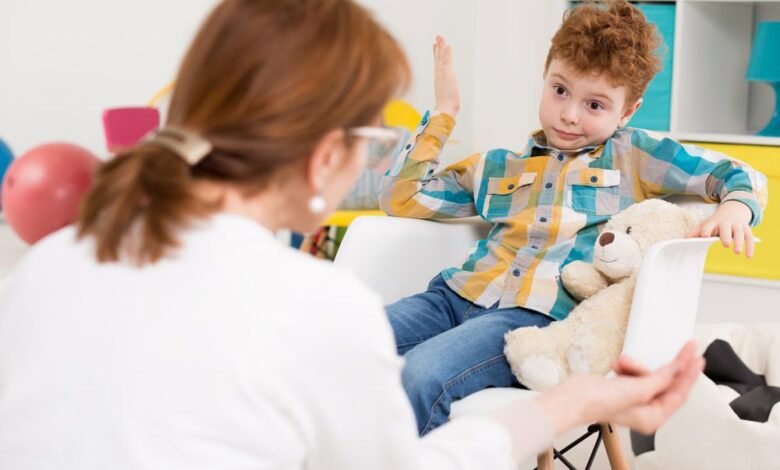Managing ADHD in Children: 6 Tips

Do you know Managing ADHD in Children: 6 Tips? Millions of kids around the world suffer from Attention Deficit Hyperactivity Disease (ADHD), a neurodevelopmental disorder. It can be challenging for children with behavioral difficulties in Bethesda, such as ADHD, to excel in school, at home, and in social situations since they display symptoms including inattention, impulsivity, and hyperactivity. However, parents may support their children with ADHD in managing their symptoms and leading productive, happy lives by providing them with the appropriate resources and techniques. Here are six suggestions for controlling your child’s ADHD:
Set clear rules and consequences
Setting up clear rules and consequences for conduct is vital since children with ADHD frequently struggle with impulse control. Kids can learn what is expected of them and what will happen if they disobey the rule by doing this.
Create routines for tasks and homework
Make a list of everything that must be completed for school, everyday tasks, and getting ready for bed so that your child can consult it if they get sidetracked. Encourage your child to use a daily planner to make sure they are aware of any homework requirements. By setting a timer, you can prompt your child to check in with you every two to four minutes to see if their homework is being completed at the agreed-upon time and location. If your child requires mental breaks, consider including movement breaks or using a suitable toy.
Read More:7 Things You Can’t say About the Care of Your Sinuses
Provide positive reinforcement
The most effective method for treating ADHD in youngsters is positive reinforcement. The practice of rewarding desired behavior, such as finishing a task or adhering to regulations, with praise or a modest reward is known as positive reinforcement. Children may be inspired and encouraged to keep up their good behavior in this way.
Establish healthy behaviors

Make sure your child takes their meds exactly as the doctor has instructed if they are taking them. Consult their pediatrician if any problems occur. Additionally, make sure your child gets enough sleep, engages in daily activity, and consumes a well-balanced diet that includes three meals, a snack, and plenty of water. Your child will feel their best and experience fewer ADHD symptoms if they engage in these positive behaviors.
Seek professional help
It’s critical to seek expert assistance if you think your child may have ADHD. A pediatrician, psychologist, or psychiatrist can diagnose ADHD and suggest the most suitable courses of therapy. The symptoms of ADHD in children can be effectively managed with medication, counseling, and educational approaches.
Set a positive example for the conduct you want your child to exhibit. Plan some special time with your child three to five days a week that is conflict-free and devoid of devices in order to foster a strong parent-child relationship. Encourage your child to form at least one close friendship. You might need to take the initiative if you have a small child to set up playdates or enroll them in activities where other kids their age are present.
Although managing a child’s ADHD might be difficult, parents can support their children by providing them with the necessary resources and techniques. Establishing routines, outlining rules and punishments, giving praise, fostering social skills, and getting expert assistance are all ways to manage your child’s ADHD. Children with ADHD can lead productive lives with the correct help and direction.
For additional information on how to manage your child’s ADHD, contact the Washington Center for Women’s and Children’s Wellness (WCWCW).







